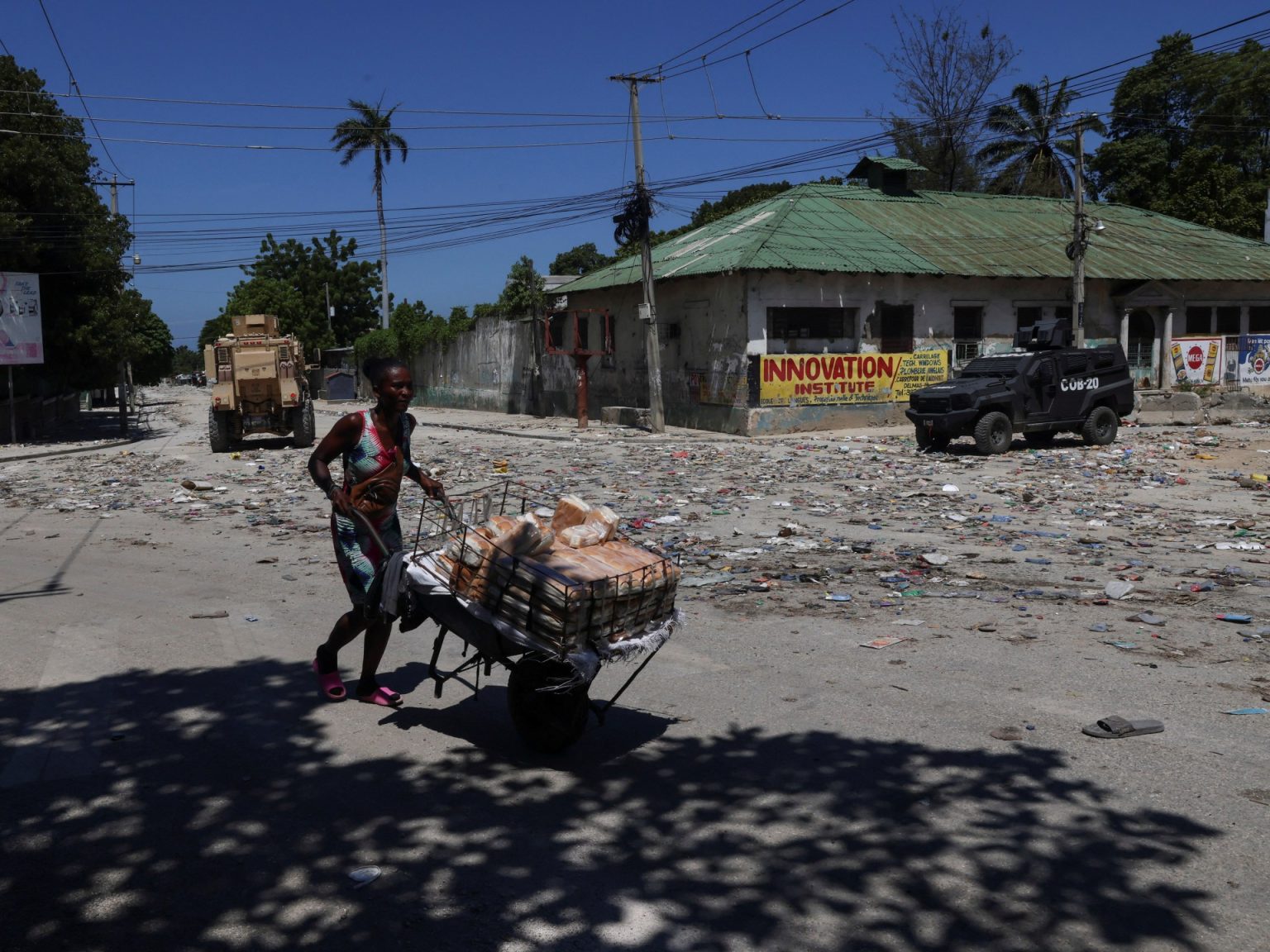Haiti’s interim prime minister, Garry Conille, has stressed the need for greater international support to combat armed groups that have seized control of significant portions of the country, leading to ongoing violence and instability. While progress has been made, he emphasized that the fight is far from over and that the assistance of the international community is crucial in restoring safety and stability. Conille highlighted that the Haitian people are cautiously optimistic and hopeful for tangible results in improving the situation.
The surge in violence in Haiti has been fueled by powerful armed groups with connections to political and business leaders in the country. This situation reached a critical point in February when gangs attacked prisons and state institutions in the capital city of Port-au-Prince, leading to increased turmoil. In response, Haiti’s unelected prime minister resigned, a transitional presidential council was established, and a UN-backed multinational police deployment led by Kenya was deployed to address the crisis.
The Multinational Security Support Mission (MSS) in Haiti has received pledges from around 10 countries for more than 3,100 troops, but only around 400 have been deployed so far. The mission’s one-year mandate is set to expire soon, with the UN Security Council scheduled to vote on its renewal. UN Secretary-General Antonio Guterres has emphasized the inadequate funding for the mission and the Haitian National Police, urging countries to fulfill their financial commitments to support the mission and humanitarian efforts in Haiti.
As a result of the violence and instability in Haiti, over 700,000 people have been displaced, many of whom are living in temporary camps in Port-au-Prince. Additionally, the situation has forced many Haitians to flee the country in search of safety. The United States, a key supporter of the MSS, has announced additional funding for development, economic, health, and security assistance for the Haitian people. There are discussions about potentially transitioning the mission into a full UN peacekeeping operation, a move that has received support from Kenyan President William Ruto.
While the idea of transitioning the mission into a UN peacekeeping operation has been welcomed by some, many Haitians remain skeptical of such interventions based on past negative experiences. Previous UN deployments in the country have been associated with issues such as a deadly cholera outbreak and allegations of abuse. Haitian civil society leaders have acknowledged the need for multinational assistance in addressing the gang violence but have also emphasized that solely relying on force is not a long-term solution. They have called for additional support and training for Haiti’s national police, efforts to eliminate corruption, and a Haitian-led political process to address the root causes of the country’s challenges.


